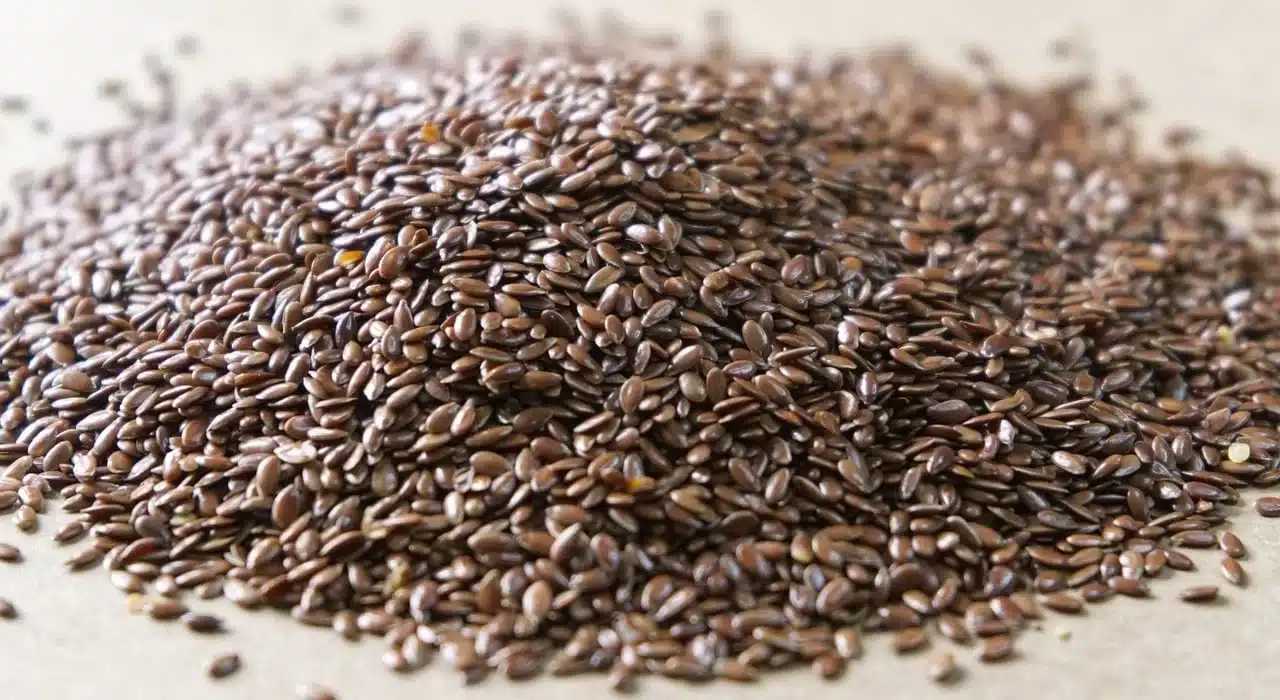Flax seeds, known for their tiny size and impressive nutritional profile, have gained popularity in the health and wellness community. Packed with essential nutrients, these humble seeds offer a wide array of health benefits that make them a valuable addition to any diet.
Nutritional Powerhouse:
The seeds are a nutritional powerhouse, delivering a concentrated dose of essential nutrients in every tiny seed. Just one tablespoon contains a significant amount of omega-3 fatty acids, fiber, protein, and important minerals like calcium, iron, and magnesium. This impressive nutrient profile makes them a valuable addition to both vegetarian and non-vegetarian diets.
Heart Health and Omega-3 Fatty Acids:
Renowned for their high content of omega-3 fatty acids, specifically alpha-linolenic acid (ALA). These essential fats play a crucial role in supporting heart health by reducing inflammation, lowering blood pressure, and improving cholesterol levels. Consuming flax seeds regularly has been linked to a reduced risk of cardiovascular diseases, including heart disease and stroke.
Digestive Health and Fiber:
Fiber is an essential component of a healthy diet, and flax seeds are an excellent source. The soluble and insoluble fiber present supports optimal digestive function by promoting regular bowel movements, preventing constipation, and improving gut health. This fiber content also helps to regulate blood sugar levels, making flax seeds particularly beneficial for individuals with diabetes or those seeking to manage their blood glucose levels.
Flax Seeds and Hormonal Balance:
Flax seeds contain natural compounds called lignans, which possess phytoestrogenic properties. These compounds can help balance hormone levels in the body by mimicking the effects of estrogen. For women experiencing menopausal symptoms, including flax seeds in their diet may alleviate hot flashes, night sweats, and other uncomfortable symptoms associated with hormonal imbalances.
Anti-Cancer Properties:
The lignans found in flax seeds also have potential anti-cancer properties. Research suggests that these compounds may help reduce the risk of hormone-related cancers, such as breast, ovarian, and prostate cancer. Flax seeds’ protective effects are believed to be due to their ability to inhibit tumor growth and prevent the formation of new blood vessels that supply nutrients to cancerous cells.
Incorporating Flax Seeds into Your Diet:
Adding them to your diet is simple and versatile. They can be sprinkled onto yogurt, oatmeal, or smoothies for a nutritional boost. They can also be used as an egg substitute in vegan baking or incorporated into homemade granola bars and energy balls for a healthy snack option.
Flax seeds offer an impressive array of health benefits, from supporting heart and digestive health to potentially reducing the risk of certain cancers. By incorporating these tiny seeds into your diet, you can unlock their nutritional power and take a proactive step towards improving your overall well-being.

